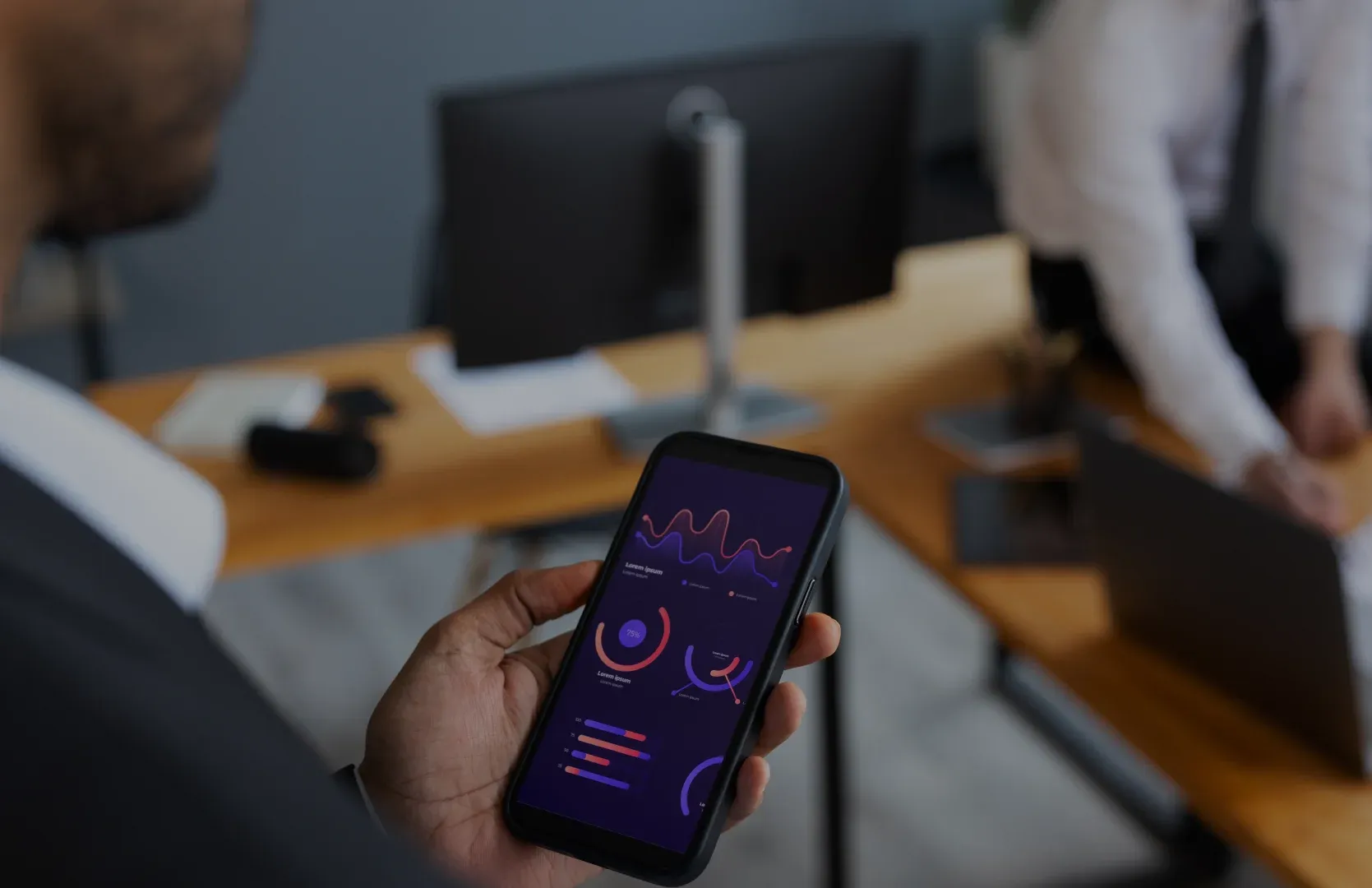
Artificial intelligence (AI) represents a digital transformation that impacts us all. This rapidly advancing technology, fueled by data analysis, not only enables informed decision-making and reliable forecasting but also allows for the completion of many tasks at a faster pace.
Everyone is aware: Since 2020, a new creative dimension has been developing with generative AI. This advancement represents the next step in conventional AI, capable of generating various types of content—such as songs, visuals, writing, or even snippets of code—based on specific data.
At Thirdbridge, we are increasingly observing the integration of artificial intelligence into the digital solutions we develop. Let us share some insights regarding its influence on the attractiveness of mobile applications, their design, and its impact on user experience.
The Potential of Artificial Intelligence (AI)
Artificial intelligence is currently one of the main drivers of growth, if not the most crucial, for the American economy. Fueled by an unmatched talent pool, more permissive legislation, and an influx of capital, AI is currently generating colossal investments in our southern neighbor.
For example, consider OpenAI, which recently completed a funding round valuing the company at around $150 billion, Nvidia, which has become the second-largest market capitalization in the world, or Microsoft, which is literally considering restarting the Three Mile Island nuclear power plant to meet the growing energy needs of artificial intelligence.
From Design to Experience - The Impact of AI on Mobile Apps
Today, artificial intelligence is revolutionizing mobile app creation by redefining the design and development process, as well as enhancing functionalities and user experience. AI significantly impacts mobile app development: here are some concrete examples of its effects!
AI: A catalyst for mobile app design:
With advanced data analysis and machine learning tools, software and product development teams can now better understand user needs, customize experiences, and anticipate market trends. AI enables the automation of certain tasks, thereby reducing development time and improving efficiency.
Moreover, with intelligent user interfaces, AI enhances the user experience by making applications more intuitive and responsive. By integrating AI into the design process, companies can not only create more efficient applications but also respond nimbly to the changing expectations of users.
AI for personalized user experience:
By analyzing user behaviors, preferences, and habits, artificial intelligence allows for better customization of the services and features of an application. By tailoring content to the needs and practices of users, AI-powered applications offer bespoke experiences that promote engagement, satisfaction, and conversion.
However, the quality of this personalization depends on the quantity and relevance of the data as well as the algorithms used: biased or insufficient data can harm the user experience.
Enhancing user interaction with AI:
AI-powered chatbots or virtual assistants are designed to interpret human language. Integrating such a solution into an application provides users with instant interaction while reducing friction in task completion. These conversational interfaces offer real-time assistance, making the application more user-friendly and fostering authentic human interaction.
Artificial intelligence is a rapidly growing technology. Companies that harness the potential of AI by integrating these tools across their development processes will stand out in a highly competitive market. By leveraging the advantages of AI, they will be better positioned to understand customer needs and personalize user experiences.
Other articles

.webp)
.webp)



.webp)






.png)


.webp)
.webp)
.webp)
Mar 31, 2025
Ratings & Reviews: Their Impact on an App's Success
An app’s success isn’t solely based on meticulous engineering or eye-catching designs. It’s crucial to deliver a product that is high-performing, accessible, useful, and user-friendly, alongside a go-to-market (GTM) strategy tailored to the digital product ecosystem.
.webp)




Oct 15, 2024
Enhancing Product Management: Key to Success in Software Development
The distinction between product management and project management is essential for ensuring optimal productivity. It’s not enough to treat them as interchangeable concepts; it’s crucial to adopt a proactive approach to place the right resources in the right places.

Sep 24, 2024
Cybersecurity and Mobile Applications: Choosing the Right Authentication Method
Mobile applications are essential tools that handle personal data, access sensitive information, and are part of our daily lives. However, in an age where the term cybersecurity is on everyone's lips, ensuring the security of these applications and the information they contain is crucial.
.webp)



May 22, 2024
Optimizing Synergy with Your Software Development Partner
The digital realm, especially that of custom digital solution development, is constantly evolving—between fast technological advancements and changing consumer needs, it's quite challenging to predict what the future holds for web players.
.png)


.webp)
.webp)



.webp)
.webp)


Oct 15, 2024
Pierre-Étienne Bousquet guest of "Les Affaires"
Our president and co-founder, Pierre-Étienne Bousquet, discussed with Jean-François Venne from Les Affaires the significant growth of digital technology in the retail industry and its impact on online sales, which are becoming increasingly crucial for revenue.


.png)
Jun 14, 2024
Recruiting an In-House Team or Hiring an Agency for Developing Your Application?
When embarking on a project as significant and important as developing an application, a crucial dilemma quickly arises: choosing between a specialized agency or recruiting your own in-house team to accomplish the work. One thing is certain, both options present distinct advantages and constraints.


.png)
May 3, 2024
Simplified Infrastructures for Enhanced Agility
At Thirdbridge, we believe that project-oriented teams deliver superior quality results, and do so more quickly. Given that they are responsible for the entire value creation flow, these teams can increase their velocity by eliminating bottlenecks themselves. Moreover, entrusting end-to-end flow responsibility to our developer teams makes their work even more engaging and motivating.






.webp)


.jpg)